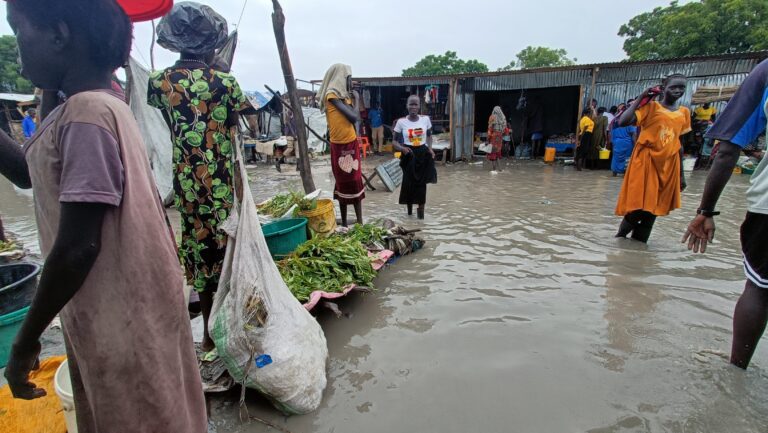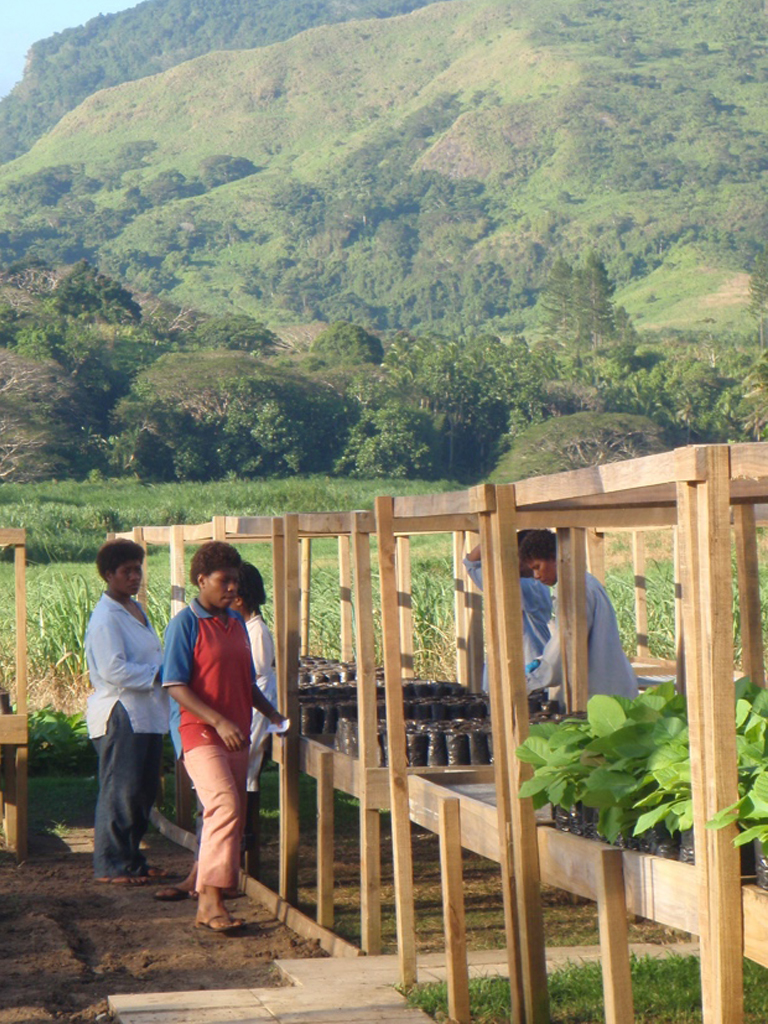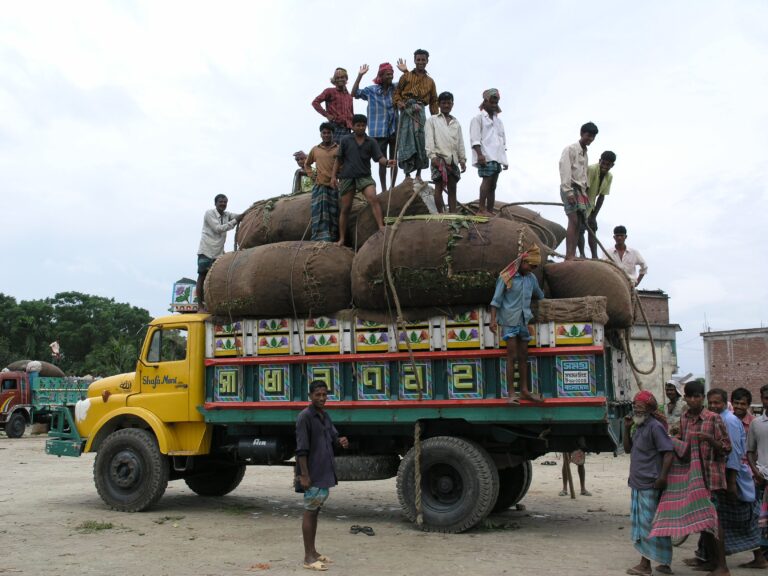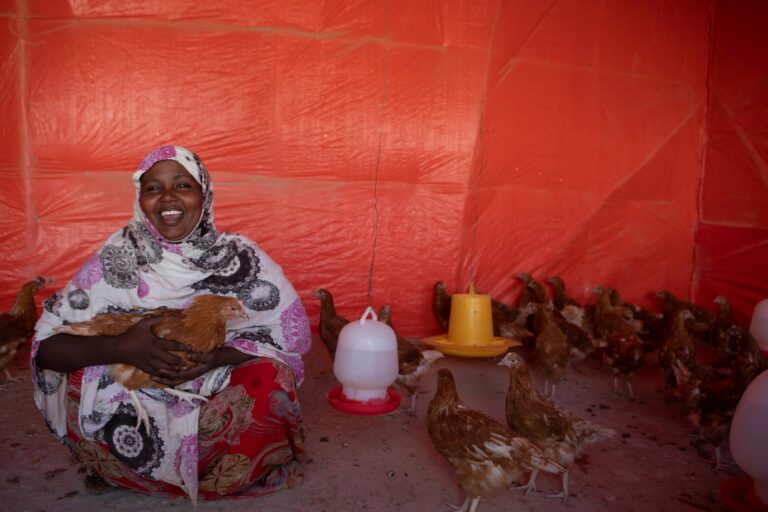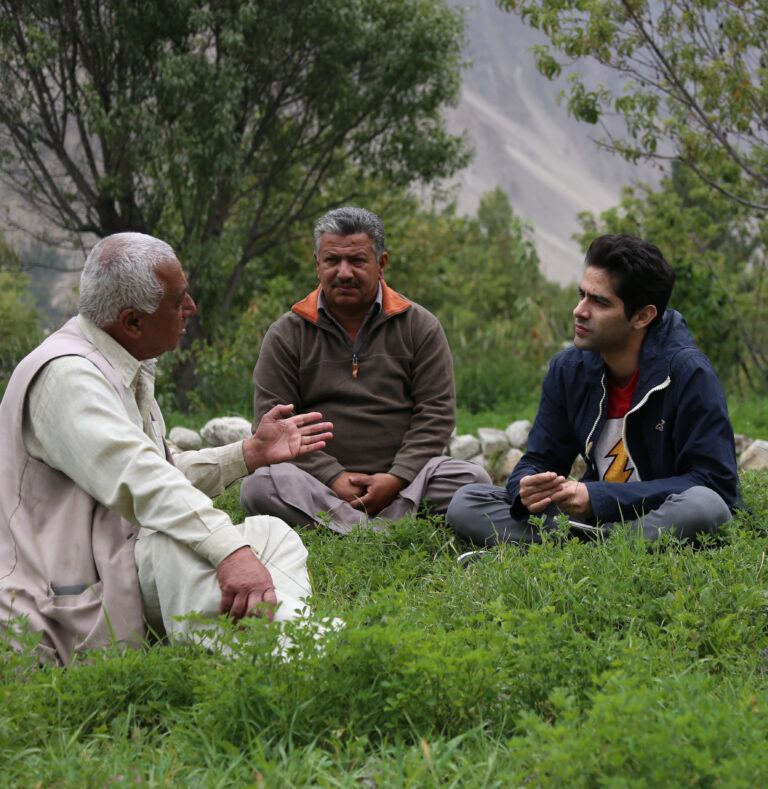
Our experience
There are always opportunities to create positive change, even in complex or challenging environments. Our team is experienced in working across all areas of private sector development. Our passion is working with clients to solve challenges in the most unconventional markets and helping expand those markets to reach the people who need it most.
-
Fragile and conflict affected settings
OU has a strong track record of facilitating growth and inclusion in fragile and conflict-affected settings.
-
Shallow frontier markets
OU has extensive experience working in shallow and frontier markets around the world.
Read more -
Dynamic emerging markets
OU has worked in emerging markets, helping to generate strong opportunities for rapid growth.
Read more -
Finance and entrepreneurship
OU has brokered deals with hundreds of high-risk SMEs in diverse markets, helping them improve businesses.
Read more -
Monitoring, Evaluation, Research and Learning (MERL)
Most of our work includes data gathering and learning to understand the program context, strengthen the vision or evidence base for system change.
Read more
-
Fragile and conflict affected settings
OU has a strong track record of facilitating growth and inclusion in fragile and conflict-affected settings.
-
Shallow frontier markets
OU has extensive experience working in shallow and frontier markets around the world.
Read more -
Dynamic emerging markets
OU has worked in emerging markets, helping to generate strong opportunities for rapid growth.
Read more -
Finance and entrepreneurship
OU has brokered deals with hundreds of high-risk SMEs in diverse markets, helping them improve businesses.
Read more -
Monitoring, Evaluation, Research and Learning (MERL)
Most of our work includes data gathering and learning to understand the program context, strengthen the vision or evidence base for system change.
Read more
